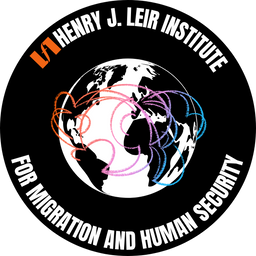Leir Migration Monitor: Challenges and Impacts of Migration Policy
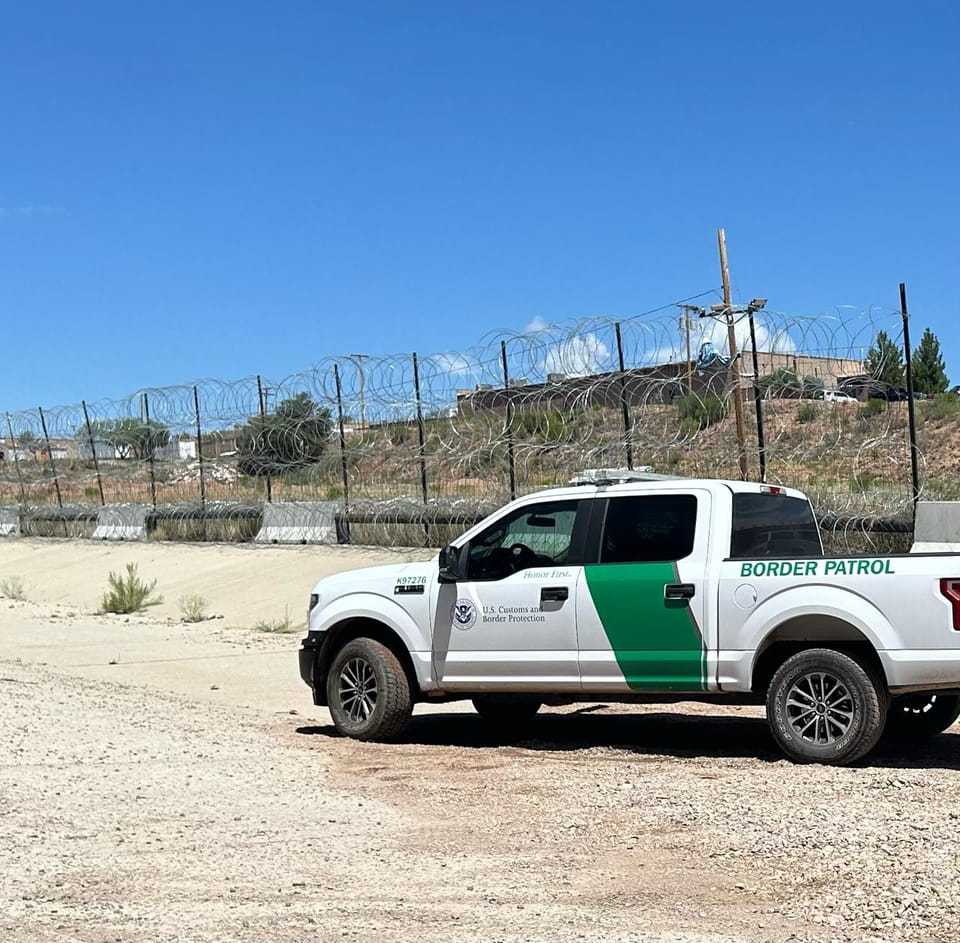
Narrowing the Gates to Asylum
By Dr. Katrina Burgess, Director of the Henry J. Leir Institute, and Professor of Political Economy at the Fletcher School of Law & Diplomacy, Tufts University and Kudrat Dutta Kontilis, Vice Chair, San Francisco Immigrant Rights Commission. (We are very grateful to Felipe Navarro for his feedback on earlier drafts.)
In this piece, Burgess and Kontilis discuss the challenges faced by asylum seekers at the U.S.-Mexico border due to the restrictive measures retained or adopted by the Biden administration.
These measures include continued reliance on Title 42 to expel migrants (until May 2023), an Asylum Processing Rule (APR) to streamline the asylum application process, a Circumvention of Lawful Pathways (CLP) Rule to limit asylum eligibility, and a Securing the Border Rule (SBR) to suspend the right to request asylum between ports of entry.
The article highlights how these rules have negatively affected asylum seekers by lengthening their wait times in Mexico, reducing their access to legal representation, and limiting their ability to claim credible fear. While acknowledging the urgency of addressing the U.S. immigration court backlog, the authors call for a more humane and effective asylum system that can adjudicate claims efficiently without denying protection to those who need it.
Read more of Dr. Katrina Burgess and Kudrat Dutta Kondilis article here:
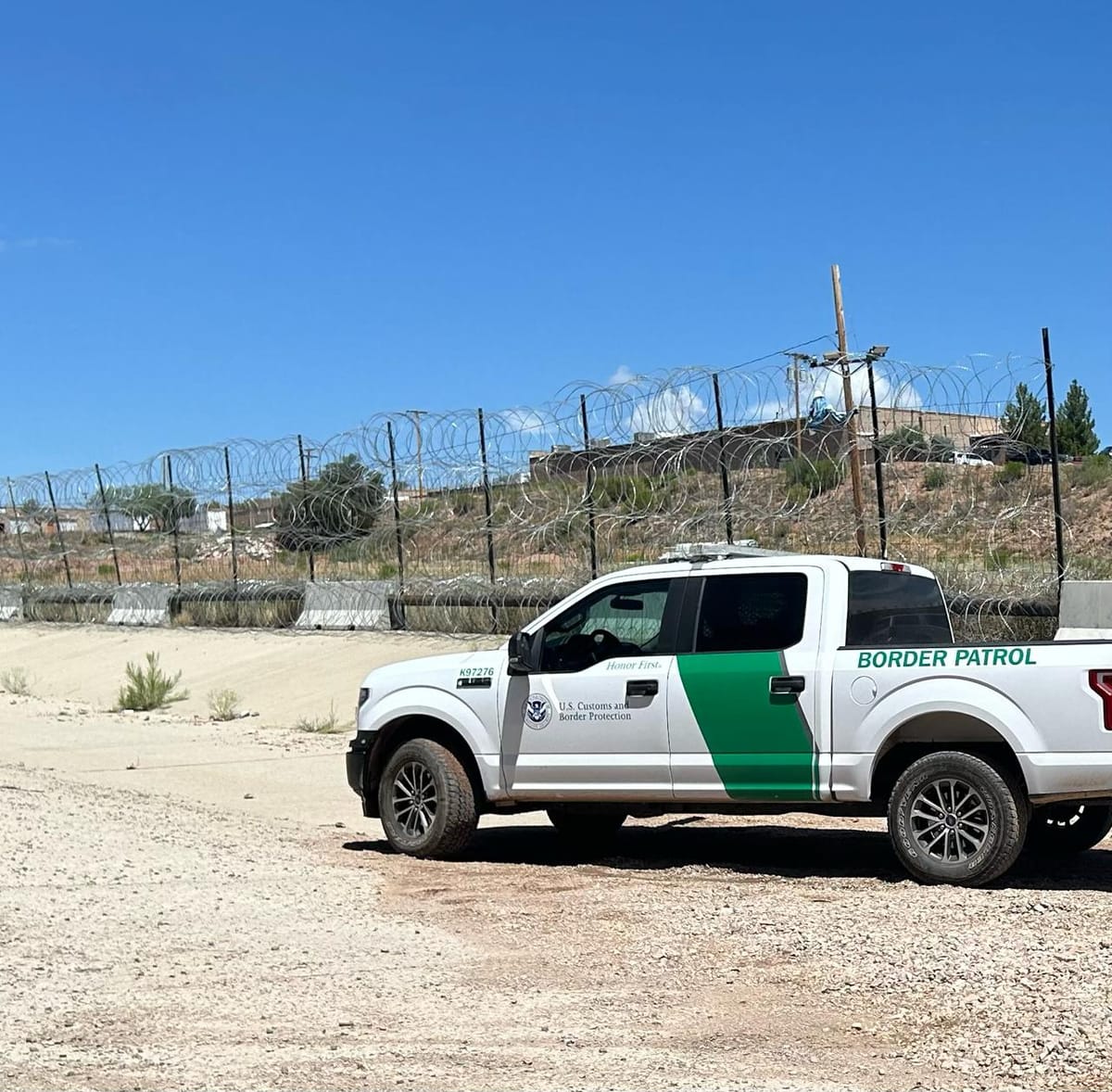
Immigration Does Not Start at the US Border
Article for the July 26th, 2024 edition of Project Syndicate by Carlos Alvarado Quesada, former president of Costa Rica (2018-22), Professor of Practice at the Fletcher School at Tufts University, and Leir-affiliated Faculty.
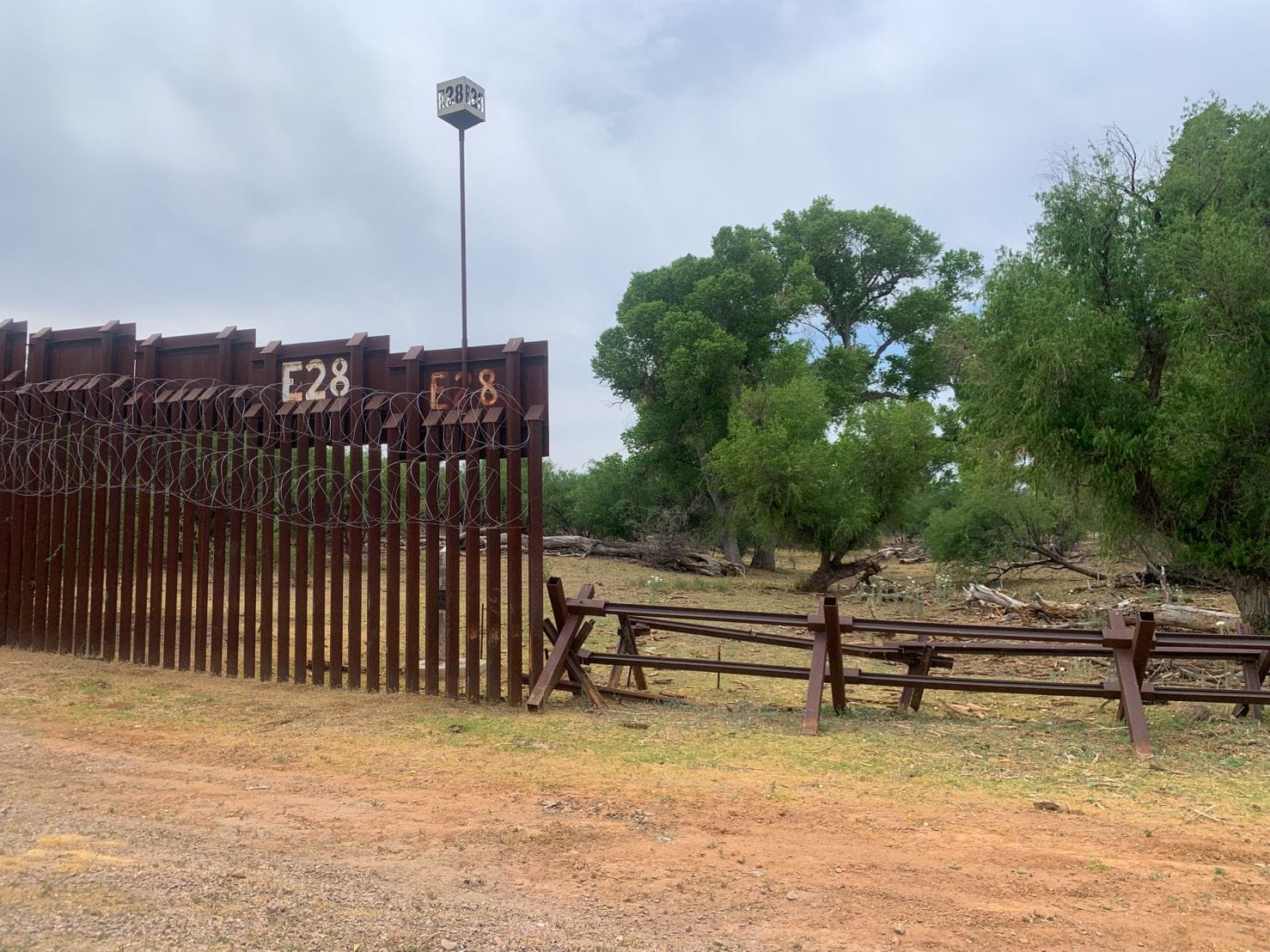
In the midst of a highly charged U.S. presidential election year, immigration remains a prominent issue, yet the debate often overlooks the fundamental drivers of migration. While both Democratic and Republican leaders concentrate on managing the southern border, there is a notable lack of focus on addressing the root causes, such as violence and economic inequality, that push people to leave their home countries.
Despite public recognition of these factors, U.S. policies have largely prioritized border security over meaningful reforms. In his piece for Project Syndicate, Professor Alvarado-Quesada explores the gap between current immigration strategies and the comprehensive solutions needed to address the systemic issues in Latin America, and highlights why without a shift in focus, immigration will continue to be a contentious political challenge.
Read more of Alvarado-Quesada's piece here:
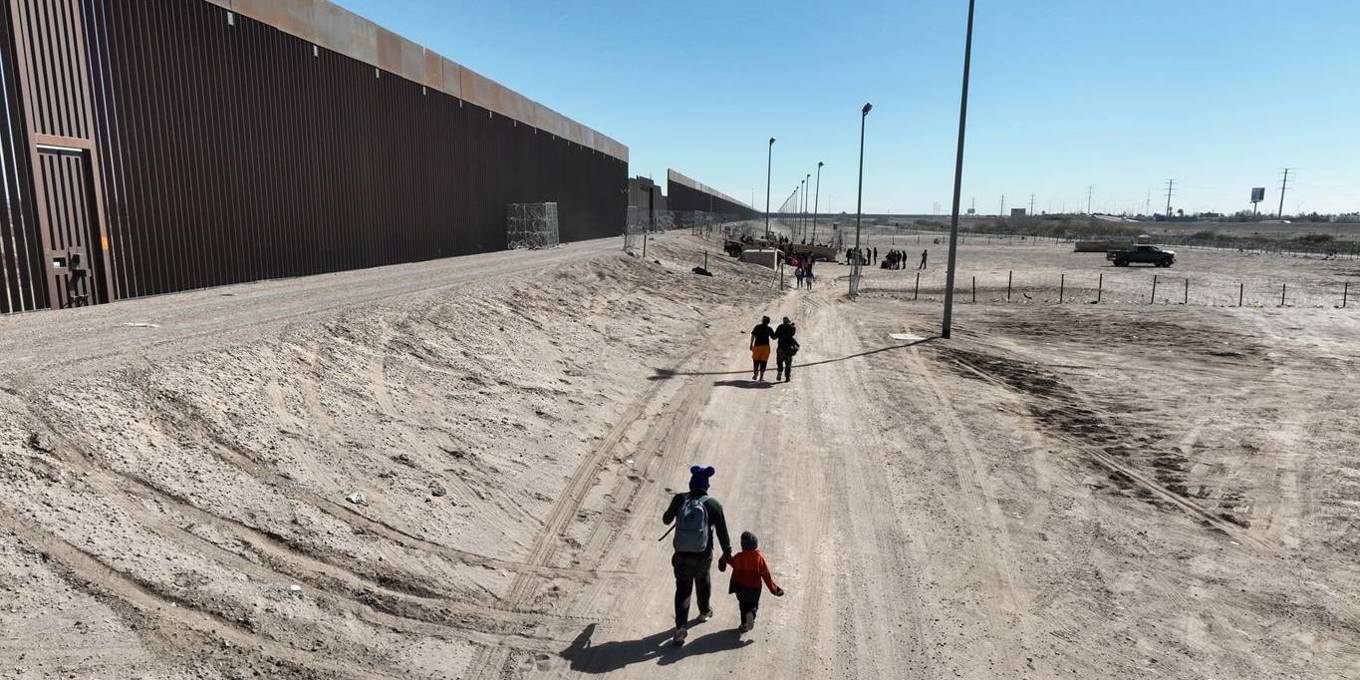
The ‘Afterlife’ of Externalisation: How Policy Stories and Lived Experiences Shape EU External Policies
Working paper for the Externalizing Asylum Initiative by Dr. Tamirace Fakhoury, Associate Professor at The Fletcher School of Law and Diplomacy, Tufts and Leir-affiliated Faculty
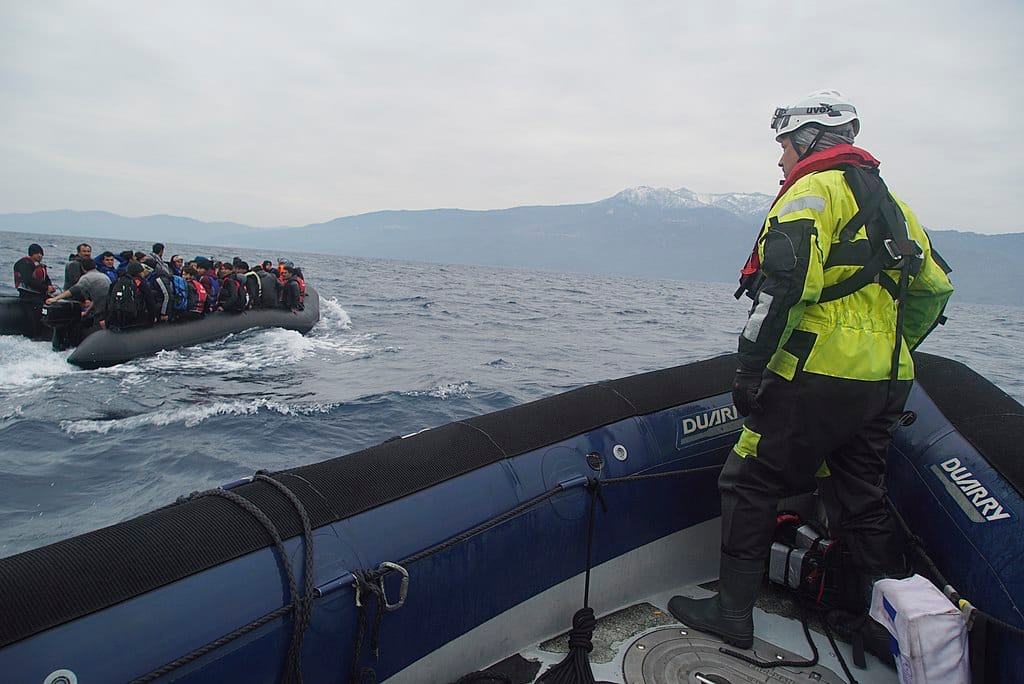
In this paper, Fakhoury explores the transformation of EU externalisation policies beyond their original design and implementation. Externalisation, in this context, refers to EU policies that manage migration by outsourcing responsibility to countries outside its borders. Fakhoury introduces the concept of "afterlife" to analyze how these policies evolve as they interact with local realities and narratives.
The paper focuses on the EU's external refugee policy in Syria’s neighboring countries, examining how externalisation manifests in these proximate geographies. It highlights several issues that emerge in the "afterlife" of these policies, including: policy distortion, non-responsibility, aid fatigue, and erosion of trust.
Fakhoury uses the EU’s external policies on refugee management, particularly in Lebanon and Jordan, as case studies to illustrate her points. She argues that these policies, while aimed at stabilizing regions and curbing migration pressures, often clash with local realities and create complex dynamics of policy reconfiguration and contestation.
Read more of Fakhoury's paper here:
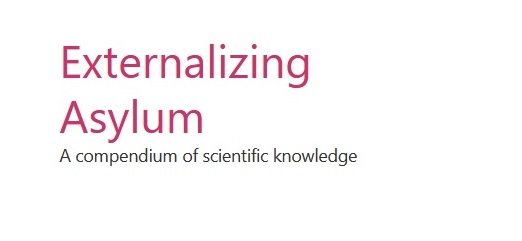
Spotlight: Sasha Chanoff, F04
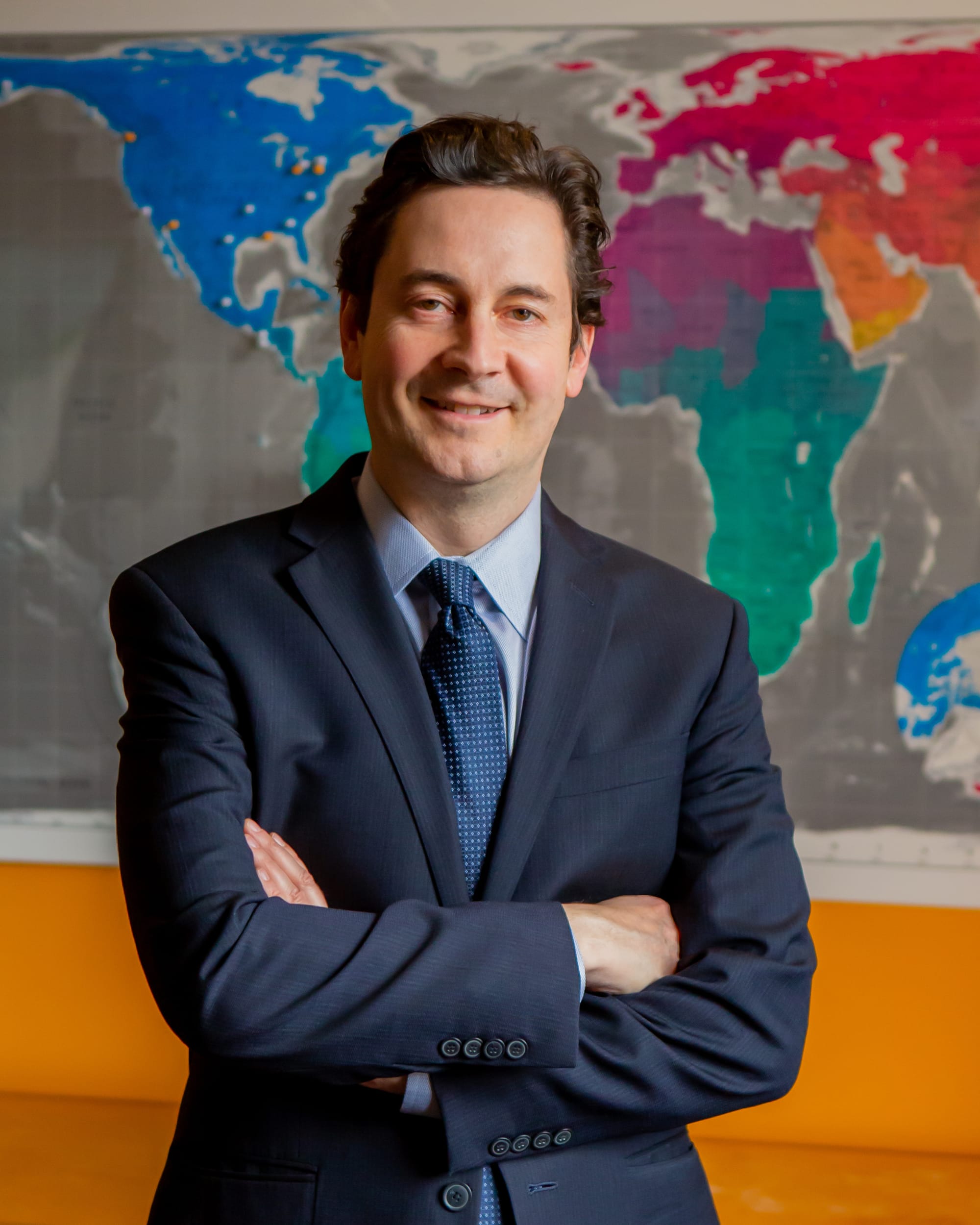
Sasha Chanoff is the founder & CEO of RefugePoint, a humanitarian organization that partners with refugees to access life-changing solutions and transforms how the world supports them. He is the co-author of From Crisis to Calling: Finding Your Moral Center in the Toughest Decisions, a leadership book about moral decision points that shape our lives. He is a recipient of the Schwab Foundation Social Entrepreneur of the Year Award, the Harvard Center for Public Leadership Gleitsman International Activist Award, the Charles Bronfman Prize, and is a Goodwill Ambassador for the Aurora Prize for Awakening Humanity. He was appointed as a Human Rights and Humanitarian Advisor by the Leir Foundation. He has received social entrepreneur fellowships from the Draper Richards Kaplan Foundation, Ashoka, & Echoing Green. He is a board member of Network of Engaged International Donors (NEID) Global. He has a Master of Arts in Humanitarian Assistance (MAHA) from The Fletcher School and The Friedman School of Nutrition Science and Policy, and a BA from Wesleyan University.
Current role: Sasha Chanoff (he/him/his) Founder and CEO, RefugePoint. Watch RefugePoint's Founding Story video.
I am working on: Right now I'm working the refugee family reunification of Mangok Bol, a South Sudanese man who came to the U.S. through the Lost Boys of Sudan resettlement (made famous by two 60 Minutes pieces and the Hollywood film, The Good Lie). Mangok received a bachelor's degree from University of New Hampshire and a master’s degree from Brandeis International Business School.
A decade ago, his family faced tragedy again when his brother and sister-in-law were killed in a raid on their village back in South Sudan, and four of their seven young children were kidnapped. He vowed to find them and persevered even when he was told that this was a “needle in a haystack search.” Against the odds, he managed to find three of the four kidnapped children and got them out of South Sudan along with the other orphaned siblings. Now with RefugePoint's help he is bringing four of these children to the US so he can raise them, while he continues to search for his missing niece.
An insight I’ve discovered: As RefugePoint has grown, I have realized how critical it is to partner with others working towards the same goals. We can achieve far more when we build coalitions to address complex, intractable problems. For example, we've found that family reunification is an urgent need across the world as more people are displaced and more children are separated from their parents. We've helped to spearhead the creation of the Global Family Reunification Network, a network of governments, refugee leaders, civil society, non profit organizations, UN Agencies, and others that have collectively committed to reuniting one million refugees with their families. We've helped to build other multi-stakeholder efforts as well to advance solutions for refugees. Two insights around such efforts include elevating the voices and leadership of refugees themselves, and recognizing and highlighting other organizations and their contributions. When you do these things, you start to build the kind of trust that is fundamental to a successful coalition.
I’m passionate about: I'm endlessly inspired by working with people who have faced unspeakable hardship and have persevered to build better lives for themselves. Refugees are people who contribute in valuable and profound ways to their new communities by bringing their skills, entrepreneurship, and drive to re-establish themselves. There are more than 120 million people who have fled home because of war, violence, and persecution. Many don't return for decades. Recognizing people like Mangok and the benefits they bring to the communities where they live must underpin our understanding of forced migration, which will be a headline issue of our lifetime.

